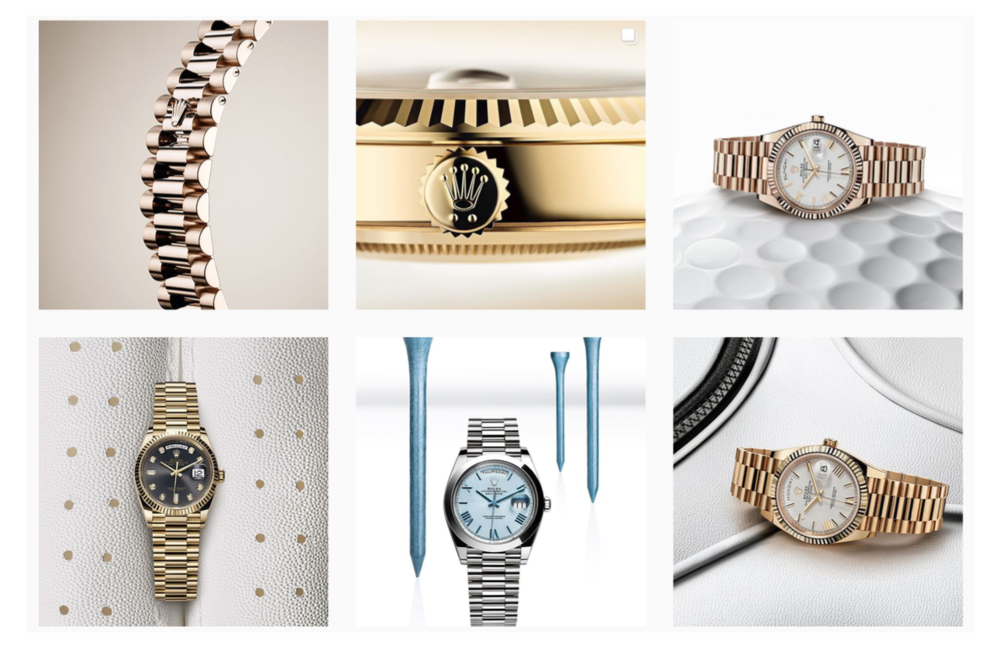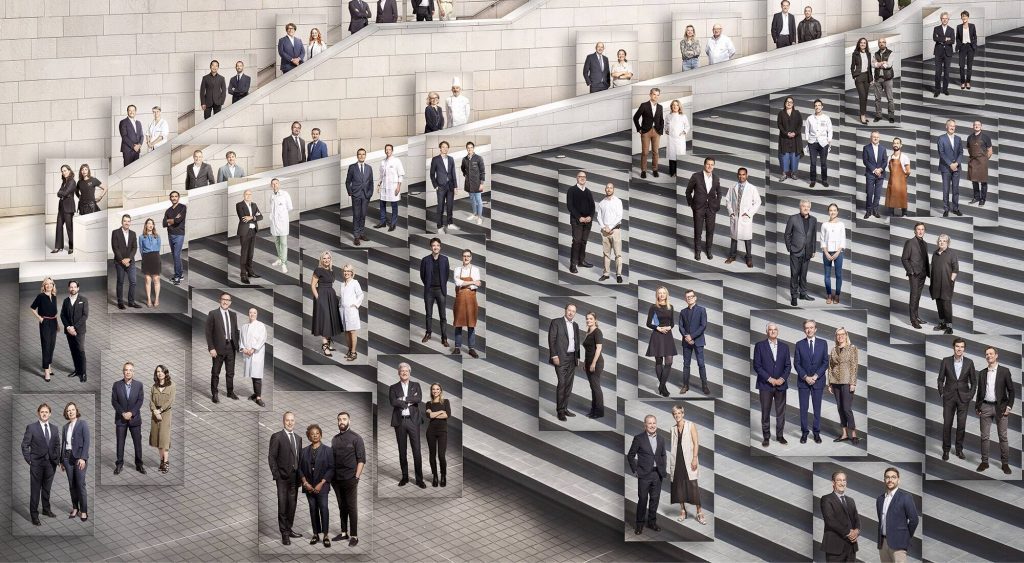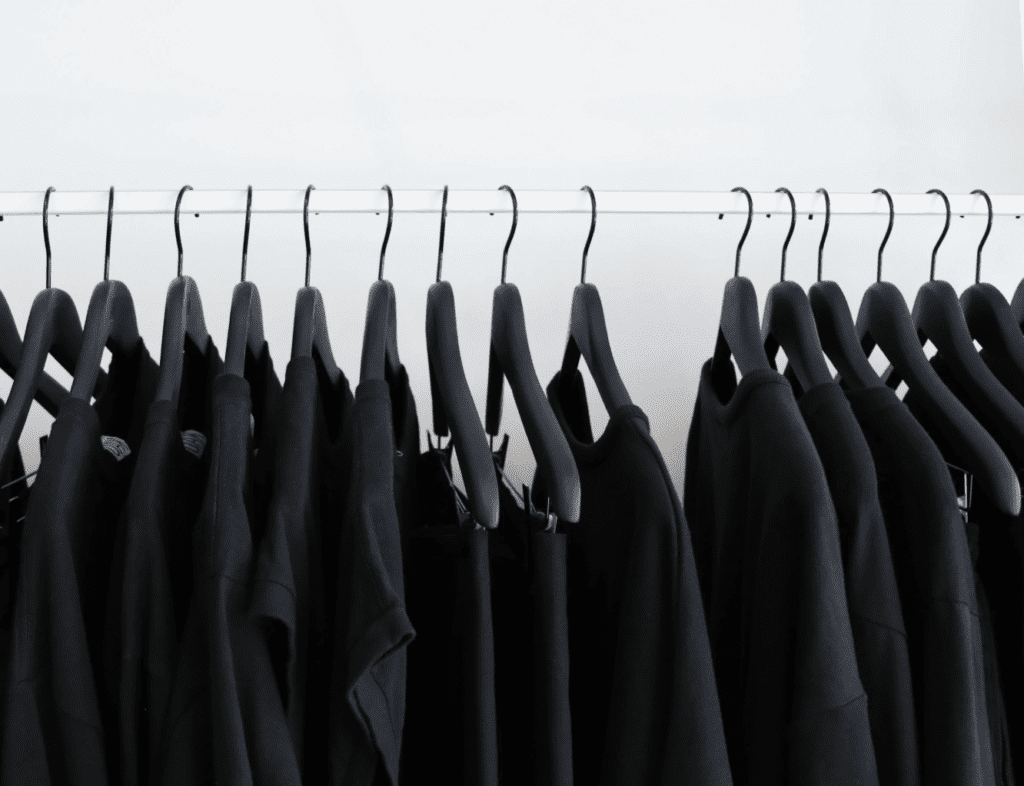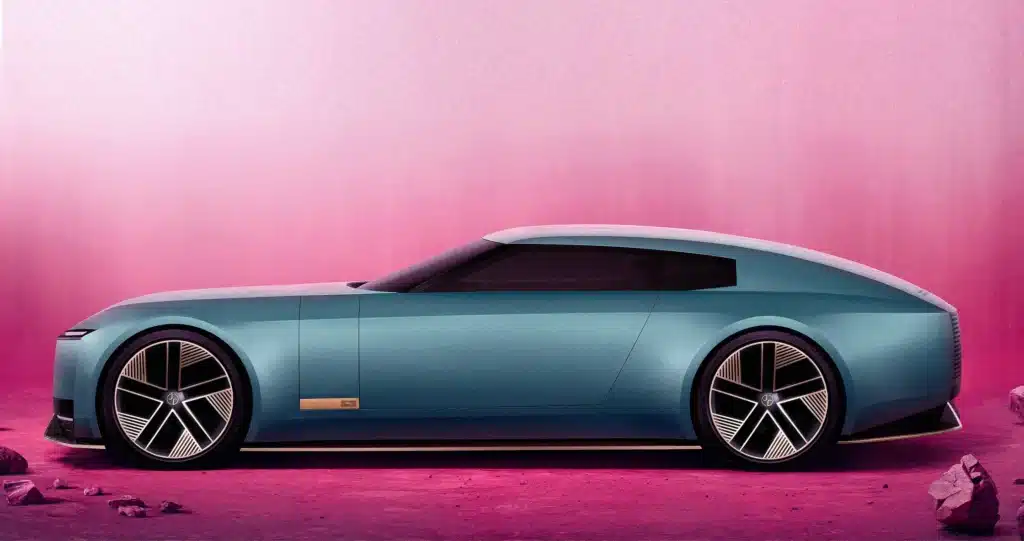Rolex and Ferrari are among world’s most “reputable” companies, according to a newly-released study. The Reputation Institute, a New York-based research and insights consultancy, put the Swiss watch company – which boasts products that are “the ultimate symbol of elegance and sophistication” and a “distinctive brand that is recognizable anywhere in the globe” – in the number 3 spot on its annual Global RepTrak study of “the most reputable global companies,” followed by Ferrari, which is situated in the number 4 spot.
Pointing to Ferrari’s “best-in-class products, services, and innovation,” and its “recognizable horse iconography,” the Reputation Institute’s study revealed that the Italian automaker “has a remarkable emotional connection with global consumers,” with 60 percent of consumers considering “Ferrari to have a distinctive brand.” Along with Lego and the Walt Disney Company, which respectively took the top two spots, the two luxury brands beat out a handful of the tech giants that have populated some of the most prized positions on the RepTrak study in recent years.
Looking to more than 80,000 people in 15 countries in order to gauge how consumers view nearly 8,000 different global brands when it comes to their products, governance, financial performance, and efforts at innovation, the Reputation Institute’s study seems to clearly suggest that it is not brand valuation or sheer revenue that propels a brand to rank highly. If that was the case, Amazon would top the list; the trillion dollar e-commerce titan took the top spot from 2014-2017, but failed to make it into the top 10 for 2020. Apple and Google are also absent from the upper echelon.
Similarly, based on revenue, LVMH Moët Hennessy Louis Vuitton would have ranked the best among the market’s luxury brands, given its nearly $60 billion in revenue for 2019 and recurring title of the world’s largest luxury goods conglomerate, but was not among the top 10 more reputable for 2020.
Instead, it was 87-year old toy group Lego that proved to be the most reputable name, something that the Reputation Institute. Lego has 570 stores around the world, including 100 in the U.S., $4 billion in annual revenue for 2019 (which makes it the world’s largest toy maker by sales, according to the Wall Street Journal), and growing demand, particularly in China, but the Reputation Institute says its value – from a reputation standpoint – can be explained by the Danish company’s “iconic brand” and its pattern of “nourishing its heritage while innovating with a proven commitment to community.” More generally, the consultancy states that most of the companies on its list benefitted from a “reputation lift [this year] largely influenced by strengthening perceptions of a company’s corporate social responsibility practices.”
As a whole, Kylie Wright-Ford, CEO of Reputation Institute, said that the group saw “for the first time in 2020, how iconic legacy brands are reinvigorating themselves to drive deeper relevancy … consistently, at scale and for multiple stakeholders.” As for the primary distinguishing factor for the top-scoring brands, she says that is “their ability to find new ways to connect with consumers and shareholders alike by delivering excellent products, industry-leading innovation, and a truly meaningful purpose.”
Interestingly, while both Lego and the second place holder Walt Disney Company have held spots in the top 10 since Reputation Institute first issued its initial report 10 years ago, Ferrari broke into the top 10 for the first time this year. The 80-year old Italian luxury automaker, which is in the midst of a large-scale overhaul of its licensing division (an arm of its business that generates nearly $1 billion in sales), surged in positioning this year due to “the strong emotional connection [it has] generated with consumers through the establishment of an iconic and genuine brand.”
Rolex is something of an obvious inclusion given its routine placement on a separate but similar list, the annual Brand Intimate Study, in furtherance of which marketing agency MBLM measures the strength of the emotional bond between brands and consumers. While “luxury [brands as a whole] fell in MBLM’s 2019 rankings,” which analyzed 6,200 consumer responses and 56,000 brand evaluations across 15 industries in the United States, Mexico and United Arab Emirates, the privately-held Geneva-based watchmaker ranked No. 1 among men, consumers over age 35, and those with incomes of $100,000 or more, while Tiffany was the top brand for users with incomes under $100,000.
Rounding out the rest of the Reputation Institute’s top 10 is Microsoft (in the number 5 spot), Levi Strauss & Co., Netflix, Adidas Group (rival Nike took the number 30 spot), German multinational engineering, technology, and consumer goods company The Bosch Group, and Intel.











